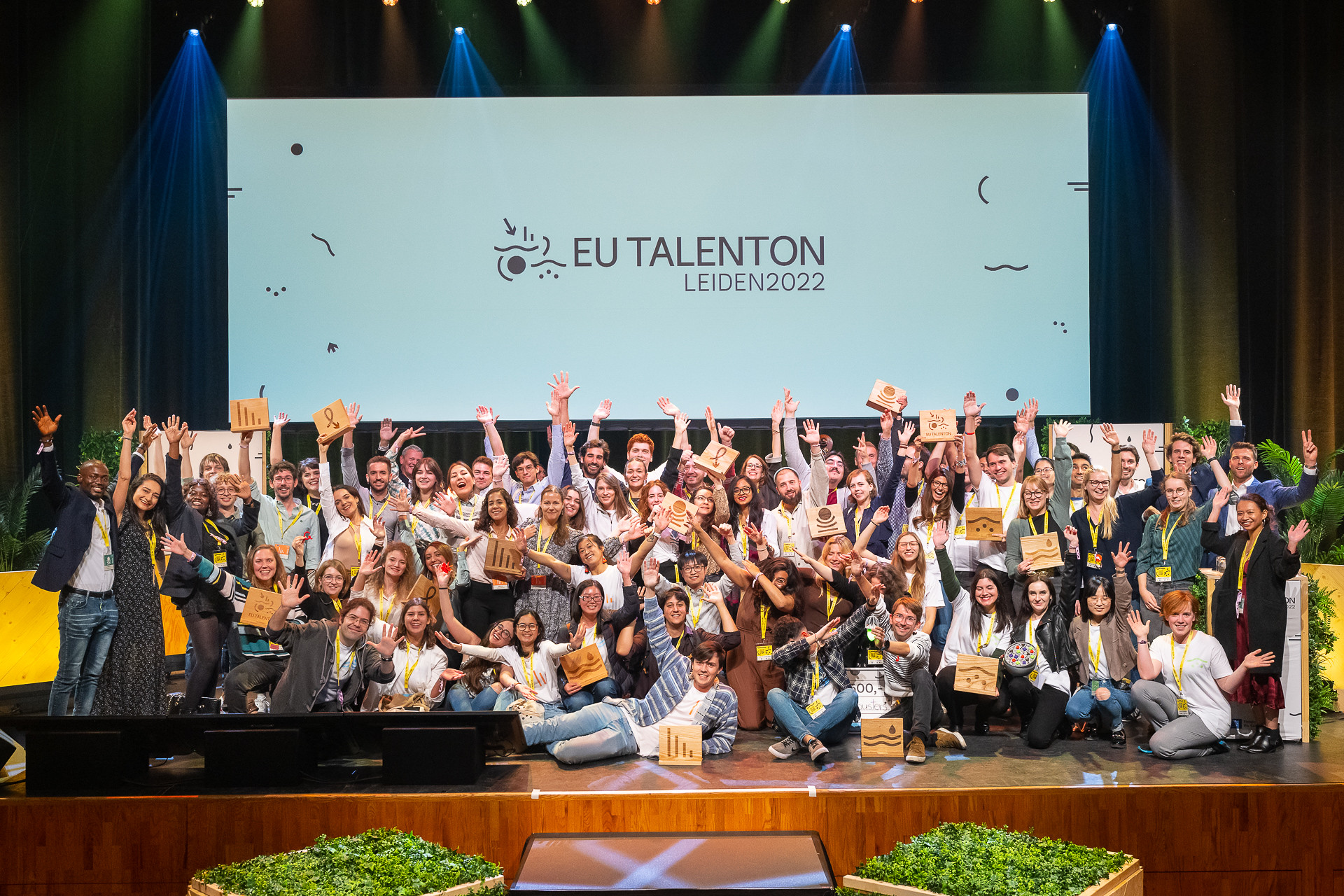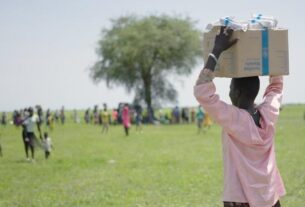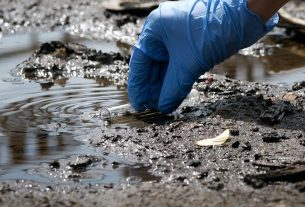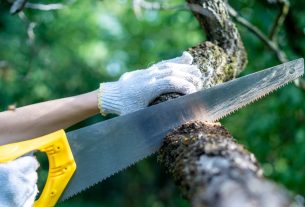Criss-crossed by a network of canals, the city of Leiden (pop. 120 000) is just 16km north of The Hague. It has been welcoming scholars since the first university in the Netherlands was established here in the late 16th century.
Recognised as a centre of scientific study from the 17th century onwards, it is fitting then that this year, Leiden is the European City of Science 2022 and the city threw open its doors to the first ever EU TalentOn competition, an event where young academics from all over Europe compete to find the best solutions to major challenges.
The three-day intensive event sees teams of four collaborating to develop new solutions to some of society’s most important challenges in a short timeframe.
The pressure-cooker format means that time is limited so the normally deliberative approach of scientists is thrown out in favour of a fast turnaround time from idea to solution.
Big challenges
The challenges were drawn from the five EU Missions which are Adaptation to Climate Change, Cancer, Restore our Oceans and Waters, 100 Neutral and Smart Cities and a Soil Deal for Europe. The EU Missions pool resources to devise concrete solutions to some of our greatest challenges by 2030. Follow the link for more information about the Horizon EU Missions.
Teams of four competed for cash prizes in each Mission category while the overall winner of the inaugural EU TalentOn as decided by a jury of 18 was a project called ROOTED, by the team SoilFix.
“
The challenge for us was to create something that was not entirely science, but that can share science with people.
‘We developed a platform that will allow people to restore urban soils in their neighbourhoods or in the vicinity of their buildings’ said Roberta Gatta, the SoilFix spokesperson who explained the project to Horizon Magazine.
Soil community
She describes the purpose of the SoilFix platform. ‘This is a community-based project so people can spot an area in their neighbourhood where they think there is a need for some kind of restoration of the soil. They report it, start crowdfunding and make the transformation happen.’
The platform brings citizens living in urban communities into contact with soil experts who give scientific advice and partners who plan and coordinate the project. Community engagement and expert advice are key to improve soil health because even in urban areas, soil forms a complex ecosystem that needs to be kept in balance.
The SoilFix team. © European Union, 2022
For example, even soil bacteria have communities and it’s far better if these microorganisms are from the local environment. ‘Our idea was to somehow restore the biodiversity of these soils and to supply local (microbial) strains to the soil,’ said Roberta.
There have also been unfortunate cases where trees planted in an urban area to green it have been welcomed initially but within a few years, the growing roots undermine nearby houses.
Within a couple of days, these four scientific strangers combined their knowledge, worked out the science and business models of the platform, and built a demonstration app they dubbed ROOTED to show how it works. They included educational elements to attract students because they are likely to be involved in such community projects.
‘Our major point is to reduce the concrete in our cities and make our cities greener,’ said Roberta, ‘And more like Leiden, let’s say,’ she said, half-joking.
Greenery lacking
The four members of SoilFix had never met before applying for EU TalentOn. They are from different countries and scientific disciplines but during the early brainstorming sessions, they found they had one thing in common. They each come from cities that have a distinct lack of greenery.
‘This was the first thing we noticed when we arrived in Leiden. The whole idea is based on the difference between Leiden and our cities.’
Beyond the scientific elements, the real challenge for the SoilFix team was to create a product. The EU TalentOn is unique in the way it introduces highly specialised academics to the world of business and challenges them to come up with consumer-facing solutions.
‘We decided to go behind the science and try to create something that everyone could understand, not only scientists. And for us this was the challenge,’ said Roberta. ‘Try something that was not entirely science, but that can share science with people.’
Comfort zones
‘Many of the scientists are challenged to get outside of their comfort zones because usually they might have several months or even years to evolve their research projects,’ said Henrik Scheel, the “Mission Navigator” and head coach for the teams at the EU TalentOn. ‘And now they’re asked in two days to define a problem and come up with a world-changing idea.’
“
Investors and entrepreneurs have a new attitude, they want to build businesses that make money while doing good.
Scheel is based in Silicon Valley, the high-tech innovation hub in California which is home to technology companies like Apple, Google and Intel. ‘Silicon Valley’ is a byword for transformative, rapid innovation. He works as an investor and business founder but also as an educator, coaching students in entrepreneurial skills.
‘I spend most my time working with young innovators around the world on helping them bring their ideas to life,’ says Scheel, ‘And solve big problems in their communities and in their countries and regions.’
With the effects of the pandemic and climate change being keenly felt, amongst other things, have there been any noticeable changes in the world of innovation in recent years in his view?
Changed innovation
One thing that’s clear to him is, ‘People are a lot more ambitious’ now. Investors and entrepreneurs have a new attitude, they want to build businesses that make money while doing good, ‘not just create another app to order pizza or hail a cab,’ said Scheel.
Another feature he’s seeing is that European start-ups will operate in the US and elsewhere but stay rooted in Europe. ‘There’s a lot of collaboration and the world has just become a lot more globalised,’ said Scheel. ‘Teams are born global and stay that way, with distributed teams that are able to grow much faster and be more agile.’
EU TalentOn’s ambition is to promote an entrepreneurial mindset in scientists. The SoilFix team are actively developing their idea to take their idea to the next level. Used to resolving challenges in a lab, they are learning how to navigate the maze of business rules and legal requirements.
But it’s as Scheel tells his students, ‘The bigger the challenge, the bigger the opportunity.’ He is a big fan of the EU TalentOn format in which academics must think more like entrepreneurs.
‘I do think one of the big opportunities here is to merge these two worlds, the start-up world and the more academic scientific world,’ he said. ‘And by bringing those things together, you can have real scientific projects that are being tested and brought to life much faster than what is currently being done.’



